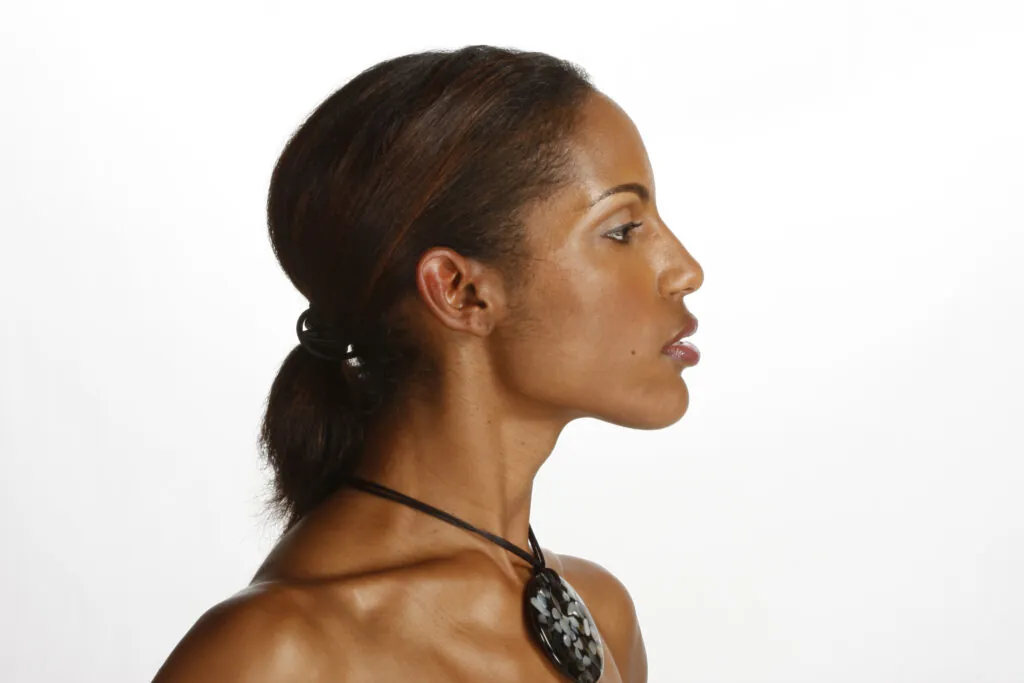Raleigh, NC: (919) 277-9299

If you have questions about the lawsuits against manufacturers of hair relaxer products, you’re in the right place. Cosmetic brands created, sold, and marketed harmful products for decades, never alerting consumers to the known health consequences. Since the first lawsuits were filed in 2022, thousands of women have come forward to share their stories and seek accountability from negligent cosmetic brands. To help you understand the facts and inform your next steps, we’ve answered some frequently asked questions below.
What Is the Hair Relaxer Lawsuit About?
The hair relaxer lawsuit alleges that manufacturers sold hair straightening products that have been linked to cancer without offering consumers appropriate warnings. Any woman who uses or has used hair relaxers frequently may be at an increased risk of developing cancer due to exposure to hazardous chemicals.
What Should I Do if I Suspect My Cancer Was Caused by Hair Relaxers?
Gather any proof you have to support your claim and contact a Bell Legal Group attorney to discuss joining the lawsuit against hair relaxer manufacturers.
Do I Qualify for a Hair Relaxer Lawsuit?
If you have a history of using hair relaxers and have been diagnosed with uterine, endometrial, or ovarian cancer, you may be eligible. Our experienced attorneys will evaluate your claim and walk you through the legal process.
What Evidence Do I Need for My Claim?
Medical records confirming your cancer diagnosis and documents that show a history of your hair relaxer use are necessary to support a claim. This will also help you and your attorney identify which manufacturers to name in your potential lawsuit. Popular brands include Dark & Lovely, Motions, Just for Me, and brands by L’Oréal, Revlon, Strength of Nature, and others!
The following are examples of evidence:
- Product Receipts: Store and salon receipts, product packages, and instructions from applications and brands used
- Photos or Videos: Visual proof of applications or straight hairstyling to establish a timeline of use
- Testimonies: A hair stylist or family member’s account of the brands and frequency of use
- Medical Records: Healthcare records showing injuries, treatments, and a cancer diagnosis
- Medical Invoices & Financial Losses: Proof of lost work, medical bills, and treatment-related expenses
How Do I Find a Lawyer for My Case?
Contact Bell Legal Group! We’ll schedule a consult with you to listen to your story and determine the best course of action for your case.
Do No-Lye Relaxers Cause Cancer?
There is no evidence to suggest that no-lye relaxers are less likely to cause cancer than other cream applications because many chemical hair straighteners on the market still contain endocrine-disrupting ingredients.
What’s the Average Settlement for a Hair Relaxer Lawsuit?
It’s premature to determine any settlements or compensation for the multidistrict litigation against hair relaxer manufacturers. The damages addressed may include medical expenses, lost wages, pain and suffering, and for some claimants, wrongful death.
What Hair Relaxer Companies Are Being Sued?
The chemical hair relaxer lawsuit names manufacturers including L’Oréal, Dabur International, Revlon, and Namaste Laboratories, that produced brands including Motions, Dark & Lovely, Just for Me, Creme of Nature, and ORS Olive Oil, as Defendants.
What Are the Harmful Chemicals in Hair Relaxers?
Hair relaxers contain harmful ingredients, including formaldehyde, phthalates, Bisphenol A, parabens, and heavy metals. Research has linked these chemicals, classified as endocrine disruptors and carcinogens, to an increased risk of cancer.
Does the FDA Regulate Hair Relaxers?
The Food and Drug Administration (FDA) has had limited power and enforcement over cosmetics, including hair relaxers, since 1938. This will change in 2025 with new legislation known as MoCRA, the Modernization of Cosmetic Regulations Act of 2022, which will substantially increase the FDA’s power to oversee, regulate, and recall hair relaxers to improve consumer safety.
Hair relaxer safety wasn’t a priority for cosmetic companies that have been profiting off these products since commercial production began in the 1970s. They put countless women at risk and never warned anyone of the harmful dangers. If you have questions about the lawsuit or wish to explore your legal options, contact Bell Legal Group advocates today.
